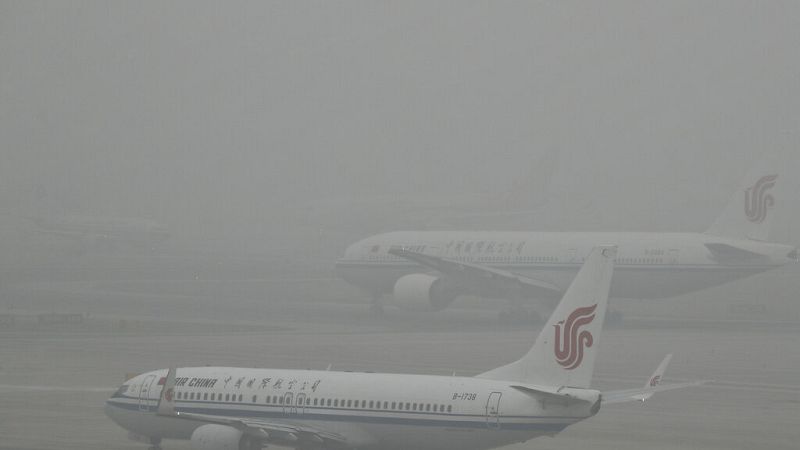Study finds private jet emissions have surge over past five years

Amid growing concern about aviation’s contribution to global warming, a new study has found that private jet emissions have surged by 46 per cent over the past five years.
Researchers from Sweden’s Linnaeus University, who tracked flights globally to calculate their carbon dioxide emissions, say many super-rich people are using these aircraft like taxis.
Lead author and transportation researcher at the university’s business school, Stefan Gossling, says a lot of the flights are non-essential and are lifestyle-related.
“We have shown in our paper that a large share is probably related to leisure purposes. All of that makes me think maybe we should be a little bit more realistic about the argument of importance.”
Almost half of the flights tracked by the team were for distances shorter than 500 kilometres and almost 70 per cent of the aircraft are registered in the United States.
The research team says flying most private jets for just two hours can release more greenhouse gas into the atmosphere that the average person produces in a year.
It also found that 1.8 per cent of aviation’s carbon pollution comes from private jets, but aviation as a whole is responsible for about 4 per cent of human-caused heat-trapping gases.
Gossling says this may seem like a small percentage, but for him, it is a matter of fairness.
“So you have this small group that is imposing a high carbon cost. And we also know that the damage in terms of lost ecosystems, in terms of lost ecosystem functions will be falling specifically on the poor,” he said.
“And that is a transfer that I would like people to make, that they see the damage is done by those with a lot of money and the cost is borne by those with very little money.”
Researchers say there has been little accountability for people using private jets who would likely argue that they are just a small group who are “not relevant in terms of emissions”.
“But everybody else will look at this small group and say, ‘Look these are the super emitters, if they are not relevant, how can we be relevant?’”
The study, published in Nature’s journal, Communications Earth & Environment, suggests levying a tax or landing fee, based on the damage caused by each tonne of emissions.
Today

